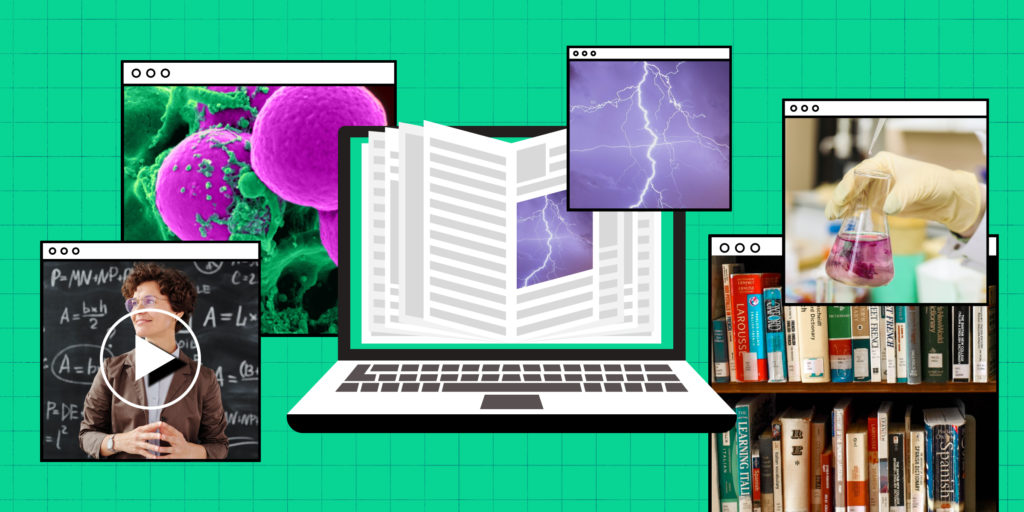No business would try to ban laptops and pretend technology didn’t exist: and it’s the same in the business classroom. In fact, management and business educators are often the first to adapt technology in education and digital learning methods, from video content to digital business case studies, so that their students can be better equipped.
At the University of Alberta’s School of Business in Edmonton, professor Michael Maier is embracing the potential of video-based teaching material in his classroom, and results have been encouraging. In a piece published in the Globe and Mail, Maier explained that the adoption of video into course materials “freed up class time to do a bit more focusing on cases and interacting with the students,” allowing him the opportunity to explore practical applications of the material. “We got into more discussions on the managerial implications.”
Close links between the business classroom and the boardroom are also evident in industry-specific case studies, which have long been a critical part of the business instructor’s toolkit. They introduce material into a real-world context, both showing students a concrete application of concepts and forcing professors to ensure their teachings match up with ever-changing industries.
But when they’re in a digital format, they offer a new dimension to the learning experience for students, allowing for the introduction of interactive questions, video and audio content, and even real-time feedback.

Professors Mark Meckler and Samuel Holloway (L-R, above) of the University of Portland’s Pamplin School of Business set out to pave a way to better management for small business owners in the craft beer industry. Their aim was to provide an effective way to equip craft brewers with the depth of understanding they need to create and implement successful strategies, providing material specifically tailored to the needs of their industry. The result was Crafting a Strategy: a trove of online learning, including white papers, interactive guides, and podcasts that have real world applications.
Subscribe to Top Hat’s weekly blog recap
Get the best posts of the week delivered to your inbox:
Interactive textbooks and technology in education
Meanwhile, Ivey Publishing has been producing up-to-date learning material since 1923, long before personal computers were even conceived. But now, these case studies are available on Top Hat’s Catalog for signed-up professors — and the premium interactive content will be a significant upgrade from the existing static PDF format.
Wide-ranging, real-world and field-based, Ivey’s case studies involve actual interviews with international businesses, as well as comprehensive teaching notes. Instead of passively listening to lectures and taking notes, students dive into real issues, make and defend real decisions, feel the pressure and take action—just like in a real business.
Ivey is part of a trend of long-established business education schools embracing technology in education by updating their offerings for the digital age. Harvard is continuing to invest in their online school of business, HBX, with the introduction of Sustainable Business Strategy, a new online certificate program. And at the London Business School, educators are working directly with companies like Microsoft, Nestle, Danone and ING to create digital learning programs for employers, allowing companies to empower their employees to achieve specific results.
Carl Braunlich, professor at the University of Nevada Las Vegas, explains that his classroom operates on the principle that technology is a requirement for a realistic preparation for a career—in fact, it’s closely integrated into his hospitality business course. “Instead of asking students to break away from their personal technologies to attend a college classroom session, I am asking students to incorporate learning into their day-to-day technology experiences.”
A more effective classroom experience and a more realistic preparation for a career is the result.
Related story
Grants for technology in the classroom: where to apply
Digital textbooks make all the difference. Get your free PDF of our ebook, Textbook Heroes: How Digital Textbooks Make Learning More Impactful, by filling in your details here.


